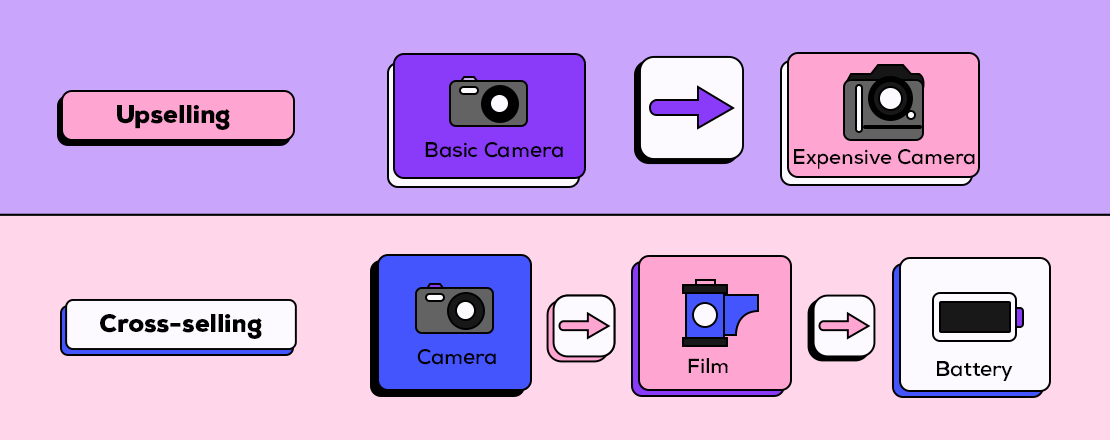Modern technologies provide various ways for users to exchange payments, each having pros and cons but with speed, security, and cost-efficiency topping the wish list. However, as technologies continue advancing, rising customer expectations make an enhanced payment experience a top priority for service providers and other financial institutions. As such, companies are turning to Payments-as-a-Service (PaaS) solutions to address these needs, which offer cutting-edge technology and program management that maximizes speed, accessibility, and security while minimizing expenses.
.jpg?width=1000&name=shutterstock_1431394355(1).jpg)
What is Payments-as-a-Service?
Internal payment management is a time-consuming and costly process. As a result, most e-commerce enterprises do not manage payment exchanges on internal platforms. At the same time, many financial institutions – particularly smaller ones with tight budgets – have not integrated a comprehensive digital process.
These expensive hurdles mean that PaaS providers should play an essential role in payment procedures for the near future because supplier-driven, external services absorb many of those costly investments.
However, what is PaaS, and how does it work?
Payments-as-a-Service (PaaS) is a third-party solution that allows platforms to add or expand payment services, generate recurring revenue from payment-related fees, and minimize financial risk and time-consuming integration. It is a scalable and customizable cloud-based system provided to end-users, promoting streamlining and eliminating unnecessary process steps.
In other words, it provides merchants with a means to enhance customer experiences by accepting electronic payments via various methods, such as ACH, debit card, installment loans, and other POS financing products, through a single, secure digital channel in real-time.
Seven Benefits of Payments-as-a-Service
Payment solutions consist of various technologies, such as APIs and cloud-based solutions, keeping pace with an ever-changing digital landscape. Ongoing tech advancements result in consumers (and by direct correlation, merchants) who demand higher standards and enhanced payment rails.
Traditional infrastructures employ outdated, cumbersome payment systems that are difficult to tear down and replace, and as a result, many companies struggle to compete.
As such, these organizations should consider PaaS platforms for the compelling benefits they provide, which include the following:
- Time to market: Because PaaS comes with an already established infrastructure, businesses can sign up for and quickly integrate full-service programs. A streamlined integration also avoids a time-consuming implementation, minimizing setup costs.
- Increased scalability: Cloud-based platform designs promote smooth operations during peak working hours and periods of inactivity, adapting and scaling to meet business needs at any given time, ensuring perpetual system availability.
- Security and Fraud Prevention: Payment-related activity accounts for most cases of financial fraud. As the number of partnering service providers grows, so do the risks of criminal activity.
Proper onboarding of platform users (such as verifying user identity, monitoring watchlists, and performing adequate screenings) and monitoring activity for suspicious transactions are vital to keeping customers safe. However, the procedure becomes more complicated when balancing risk reduction with an efficient user experience, making third-party PaaS platforms ideal for enhancing security measures. - Payment upgrades: Enterprises demand unlimited access to all payment rails and up-to-date supplemental features to expand the customer base. When attracting new customers, fraud protection, credit solution integration, and account reconciliation are hot ticket items lenders should consider.
- Lower ownership costs: Organizations save time and money when consolidating payment solution requirements under a single provider platform. Many ongoing auxiliary services, such as software engineering, risk management, and cyber security, are no longer outsourcing concerns.
Building an internal solution or integrating numerous vendor platforms may appear less expensive on the surface, but the additional labor required to manage the many relationships often becomes prohibitively expensive. - Higher straight-through-processing (STP) rate: For some financial institutions, directly managing the moving parts of a payment solutions platform becomes a challenge after its implementation. Lessening this challenge often requires a third-party system that seamlessly integrates all the critical systems, provides uninterrupted and continuous data flow, and eliminates manual coordination and ongoing maintenance problems.
- Features and service upgrades: PaaS employs modular platforms that incorporate up-to-date transfer methods (i.,e, blockchain and payments in real-time). Alternative payment platforms often lack the latest and greatest customer services, features, or infrastructure, prompting businesses to mix benefits from multiple providers in quest of more innovative payment solutions.
Skeps PaaS Solutions Can Help
Companies that handle or manage money must offer modern payment options as part of their user experience. However, it should no longer be the responsibility of user-facing platform managers to design those services or develop the necessary partnerships with payment networks. Instead, organizations should look to payments-as-a-service, a lightweight and agile solution for businesses prioritizing payment service speed, security, and cost.
Our front-line platforms provide you with the payments-as-a-service solutions necessary to meet partnering merchant and customer demands for enhanced payment services. To learn more, request a demo, or email us at support@skeps.com.















